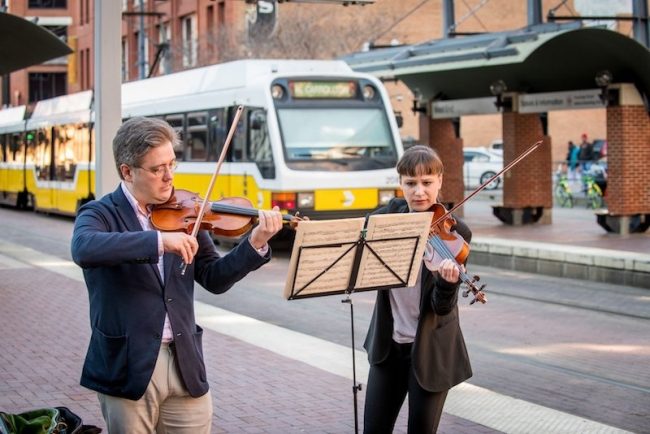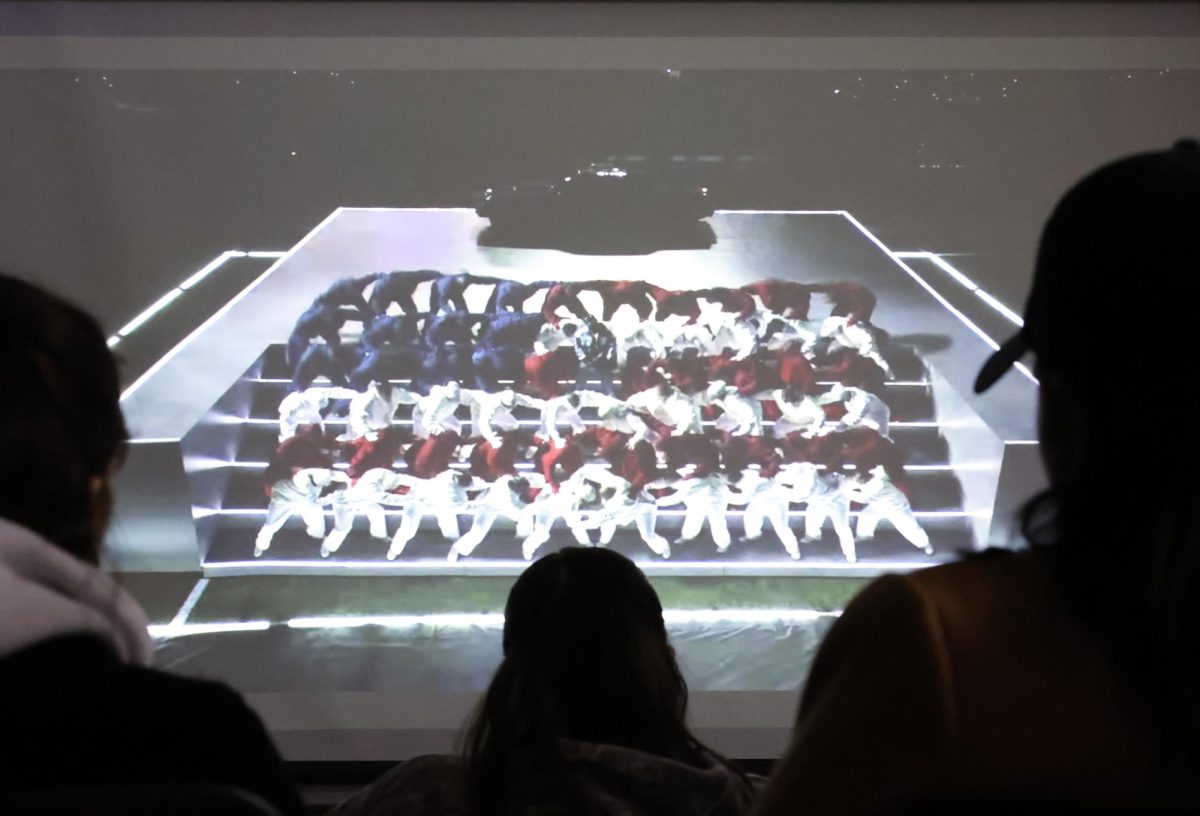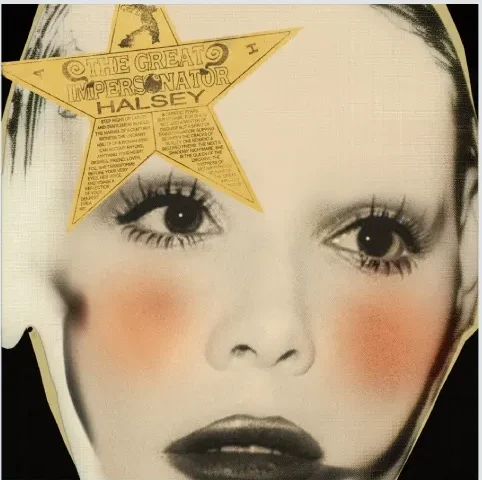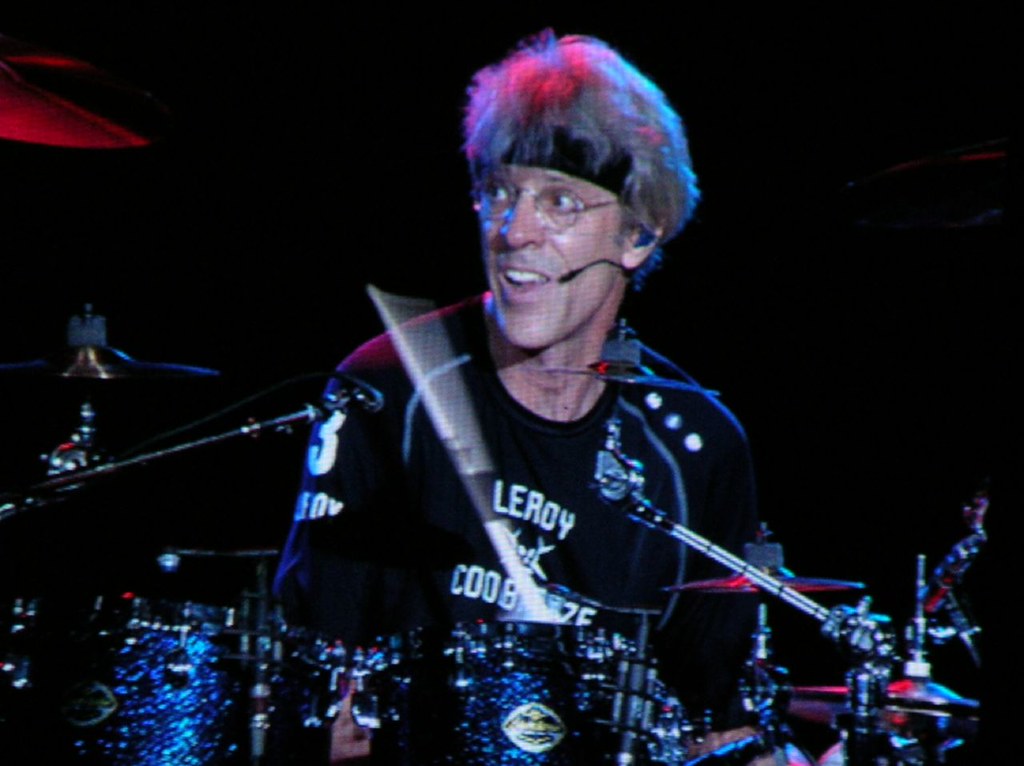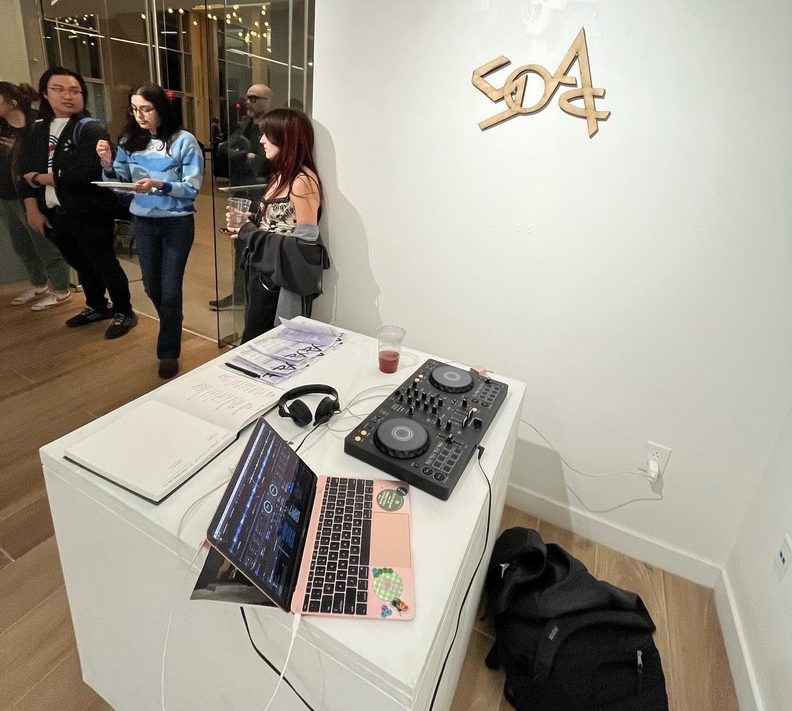SMU group Bridge the Gap is trying to increase the general public’s accessibility to classical music.
Bridge the Gap is “a semi-classical music organization founded in 2011 by SMU Meadows School of the Arts music majors with the mission to bring chamber music to the outside world to people who aren’t usually going to hear it,” said Bridge the Gap president Sam Park.
Chamber music ensembles consist of only a few musicians, Park said. Orchestras do not fall under that category.
Park joined Bridge the Gap in his sophomore year. He is a senior receiving a bachelor’s degree in Music Education and current Bridge the Gap president.
“The best part about Bridge the Gap is that I get to see people, like strangers, enjoy the music that we play,” Park said.
The organization also has a pedagogic component.
“I think chamber music is the quickest way to become a great musician,” Park said. “Because if you’re playing in the orchestra or the band, you can hide behind everyone else playing. But, if you’re in chamber music, you’re the only one playing your part, so you better play it well or everybody’s going to know. Playing a lot of chamber music and being around great chamber musicians has definitely improved my music studies.”
Bridge the Gap is an opportunity for not just music players, but also for composers. Park described the organization’s program at SITE31 in downtown Dallas.
“We do a full program at this art gallery of all new music by SMU students and composers. And that’s usually a big deal. We did our second annual one this year and we’re increasing that to each semester,” Park said.
There is also meaning in Bridge the Gap’s mission in spreading classical music in the Dallas area.
“I think that classical music… has a problem of accessibility,” Park said. “People don’t go listen to classical music unless they’ve already been doing it for years. When you play classical music concerts, it’s a bunch of old, white people coming to hear the music.”
This accessibility isn’t just ageist; it’s also biased demographically and racially.
A National Assessment of Educational Progress (NAEP) report from 2017 provides insight into arts education in the U.S. The study found a socioeconomic disparity.
“On a scale of 300, students eligible for free and reduced-price lunch, which is often used as a proxy to identify low-income students, scored…lower in music…[and] lower in visual arts…than those not eligible,” a summary of the report stated.
On a racial level, black students scored the lowest on exposure to music and the visual arts, with Asian/Pacific Islander students scoring the highest.
While linear natures of studies cannot account for the robustness in disparities of the arts (population density and geographic location are also factors), the same general conclusion can be drawn: not everyone has equal access to the arts.
“Your average person is not going to buy tickets to the Dallas Symphony,” Park said. “By doing this sort of thing, we can increase patrons of the arts.”
For Park, this is also one of the more rewarding aspects. Increasing accessibility through more concerts in more places is the future for Bridge the Gap.
“Right now, we do a lot of concerts in the University Park area, which is great and helpful. But where we could make the most impact is if we went somewhere like South Dallas or Oak Cliff or something,” Park said.
“The way our concerts work is we start out with a piece that people know,” Park said. “For example, we have a string quartet playing…”Take on Me.”They’ll play something like that, that people already know. And people hear that, recognize it, they come sit down. And then they start playing Beethoven.”
“We hook them in with something they already know and love, and then we introduce them to something else that they might like, and usually they do end up liking it,” Park said.
Bridge the Gap Chamber Players performs every Friday at Mockingbird Station outside the Angelika Film Center at 6 p.m. Other events can be found on its website www.btgchamber.org. True to its mission, all concerts are free and open to the public.



